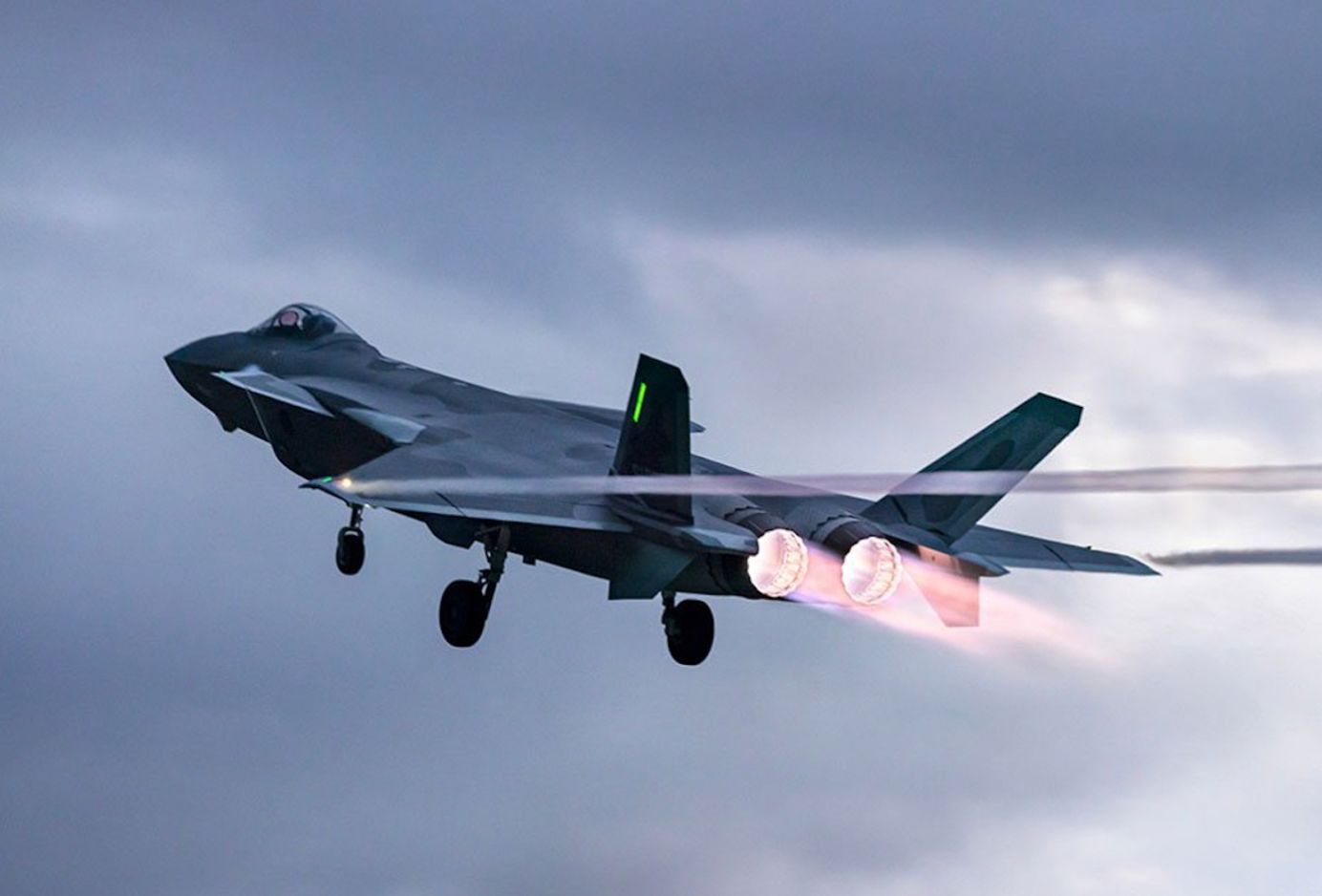China’s anger and frustrations over the US-led QUAD found a vent when it warned India’s neighbor and ally Bangladesh of ‘dire consequences’ if it joins the QUAD bloc.
The Quadrilateral Security Dialogue or QUAD, comprising the US, Japan, Australia, and India, is being seen as the Asian NATO, aimed at countering China in the Indo-Pacific.
China has been extremely critical of this bloc ever since the QUAD foreign ministers’ meeting last October, saying Beijing was opposed to the formation of an “exclusive clique” harming a third party’s interests.
India’s External Affairs S Jaishankar had attended the two-day meeting held in Tokyo.
China had then said that “multilateral and plurilateral cooperation should all be open, inclusive and transparent. No one should seek an exclusive clique”.
“Efforts should be made to enhance regional countries’ mutual understanding and trust, instead of targeting a third party or harming third party’s interests,” Chinese Foreign Ministry spokesperson Wang Wenbin had said at a press briefing.
Now, China has turned up the heat on India’s next-door neighbor Bangladesh, indirectly warning it to stay away from QUAD.
Chinese ambassador to Bangladesh Li Jiming said on May 10 that Beijing-Dhaka ties would be “substantially damaged” if it joins QUAD, according to Dhaka-based news portal Daily Star.
He also likened QUAD to a “military alliance aimed against China’s resurgence and its relationship with neighboring countries”.
Reacting to the Chinese envoy’s controversial remarks, Bangladesh Foreign Minister Dr AK Abdul Momen said Dhaka maintains a non-aligned and balanced foreign policy and it will decide, what to do according to those principles.
“We’re an independent and sovereign state. We decide our (own) foreign policy. But yes, any country can uphold its position,” he told reporters on Tuesday.
“Naturally, he (Chinese ambassador) represents a country. They can say what they want. Maybe they don’t want it (Bangladesh joining the QUAD),” Mr Momen said, adding that no one from the Quad has approached Bangladesh yet.
Why Is China So Furious?
Earlier this year, the Japanese ambassador to India Satoshi Suzuki had revealed that the QUAD members were committed to a greater “strategic convergence” in the Indo-Pacific.
In an interview with ThePrint, he explained how India and Japan have collaborated in other countries such as Bangladesh, Sri Lanka, Myanmar, and Maldives under the QUAD framework.
He was referring to New Delhi-Tokyo’s joint infrastructure and capacity-building projects in these South Asian nations. In the case of Bangladesh and Maldives, the two countries are engaged in the construction of roads, bridges, rail networks and hospitals.
These developments have definitely irked China, which maintains a strong trade and economic partnership with Bangladesh.
Needless to say, Dhaka is caught between a rock and a hard place. On one hand, it has to maintain an all-encompassing relationship with India, which is responsible for its birth as an independent nation and has always been the first responder in times of crisis, including the ongoing Covid-19 pandemic.
On the other hand, it can’t ignore China which has massively invested in the country, contributing to its economic growth.
Trade & Economy
Last October, the International Monetary Fund (IMF) predicted that India’s per capita gross domestic product (GDP) could slip below that of Bangladesh. While this could be a temporary phenomenon attributable to the Covid-19 pandemic, the fact that Bangladesh’s economy has grown at a rapid pace in the past one decade or so can’t be overlooked.
One of the most densely populated countries in the world, Bangladesh has been battling poverty and under-development for almost five decades.
However, things quickly transformed and the country made substantial progress in several social indicators, including education, sanitation, and health. Significantly, in 2018, Bangladesh’s GDP growth was 7.9 percent compared to India’s 6.8 percent and 2.9 percent for the United States.
It’s true that India has always stood by its next-door neighbor extending economic assistance from time to time.
New Delhi had extended three lines of credit (LOCs) amounting to $8 billion to Dhaka between 2010 and 2017, according to the Ministry of External Affairs. “This makes Bangladesh the largest recipient of LOC funds from India till date,” an MEA statement said.
However, compared to India, China is the largest trade partner of Bangladesh. From just $3.06 million in 1975, when diplomatic relations were established between the two nations, it reached $18.33 billion in 2019.
The implementation of 97% zero-tariff norm has boosted Bangladesh-China economic and trade cooperation, Chinese ambassador Li was quoted as saying by Dhaka Tribune in June last year.
Looking from these perspectives, Bangladesh is likely to take China’s warning seriously.
Is QUAD Relevant For South Asia?
The idea of QUAD was pushed by Washington, which has then enticed Australia, Japan and India to join this bloc. It’s a western idea of asserting hegemony, and the US is known for playing the messiah in the entire world – from the Middle East to Asia to Latin America.
However, the present-day geopolitics is different from the Cold War-era muscle-flexing when international relations were seen through only two ideas, one led by the ‘capitalist’ US and its allies and the other by the communist Soviet-led bloc.
After the collapse of the Soviet Union, China has positioned itself as a dominant power to challenge the American monopoly in defense, trade and geopolitics.
But the problem with China is that it has territorial disputes with all its neighbors, something the US has been trying to use to its advantage. And the QUAD is a result of that pursuit.
Why Bangladesh Is Important For India
India, as a key member of this bloc, however, should play its card very carefully. After all, New Delhi has to keep its own interests in mind when it comes to South Asia.
QUAD can be an effective tool for the US to keep China in check, but India should not coerce Bangladesh to join this bloc, thereby risking a rift in its ties with Bangladesh.
It’s worth mentioning that Prime Minister Sheikh Hasina’s Awami League government is seen as pro-India compared to the previous one led by Khaleda Zia of the Bangladesh Nation Party, which has roots in Islamist fundamentalism backed by pro-Pakistani elements prior to the 1971 Bangladesh Liberation war.
It was during Khaleda Zia’s rule that many terror strikes were carried out in India. Many BNP leaders had faced trial for war crimes, including rape, murder and rioting during the 1971 war, and were subsequently convicted after the Awami League came to power in 2009.
The BNP government also angered New Delhi by giving shelters to militants from India’s northeastern region, most notably the United Liberation Front of Asom (ULFA) and All Tripura Tigers Force (ATTF).
The Hasina government flushed out the Indian rebels, handing many of them to Indian authorities. She has also been running a sustained campaign against various jihadi and terror elements with links to Pakistan.
It is, therefore, in New Delhi’s interest that it keeps supporting the pro-India Awami League government and does not unnecessarily muddy the waters by dragging it to a bloc whose aims and objectives may not be suitable for South Asia at the moment.




